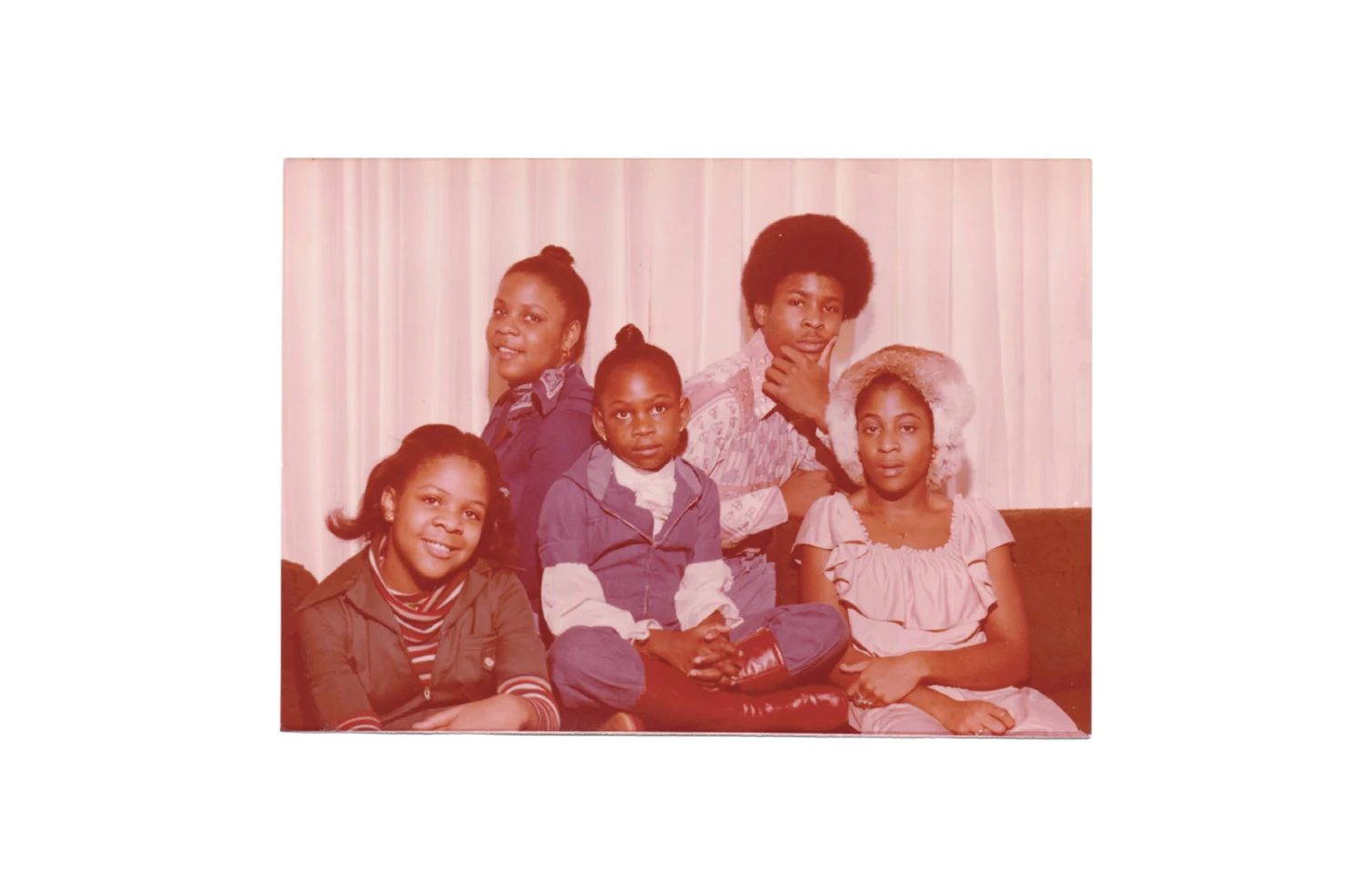intro
“Let the Lord judge the criminals.”
Tupac Shakur 1971-1996
Somewhere imprinted in my memories, Mommie somehow bought us tickets to see the Jackson 5 in concert. She also managed to afford the fabric to make us matching Jackson-esque outfits, complete with studded, bell-bottomed pants. We wore them to the show, and I can remember holding Mommie’s hand as we made our way to our seats and… that’s it. The memory ends there. Why are all the good memories fantastical and fractured?
In first grade, I wanted to up my game for Show & Tell, and so I went to school dressed in my hand-stitched, Jackson-esque refinery and showed a glossy, well-kept picture of the Jackson 5 that we’d gotten as a souvenir (sadly now long gone) to a bewildered audience of bright young white faces—including my teacher’s. I told them, “This is the Jackson 5—my cousins.” It was a bold-faced lie, but how would they ever know? I’d already been told that we all look alike.
That was the first time I’d shared something of my experience with my classmates and they actually leaned in and cared. Up until then all my experiences had been met with scrunched up, unyielding, and offended faces—the kind kids make when adults kiss or bend over and reveal their butt-cracks. Some experiences, such as how we ate chitlins and oyster dressing that Thanksgiving, or how I didn’t wash my hair every day, were met with audible echoes of disgust. But not that picture of the Jackson 5, because as much as I knew that the Jackson 5 was mine, all mine—especially Michael—my classmates felt the exact same way.
Music has that kind of power, I think more so than books, more so than food, more so than movies (what’s a movie without a soundtrack?) and breaking news. How can everyone who listens to a song feel complete ownership over its notes and lyrics? The only thing I know that holds the same kind of power that makes us demand public ownership is the Bible. We all feel some kind of way about the Bible, and we all feel some kind of way about certain songs.
This weekly series, Prophets & Saints: Jesus, MCs & Turntables, is one-third historical narrative, one-third memoir, and one-third contemplative meditation. I’m excited to share it with you each Saturday because I’ve noticed that when I bring up my love for Kendrick Lamar, or Tupac, or Cardi B, Christian friends both black and white pull back a little from the conversation. Of course I understand the resistance, but it still saddens me. Like it or not, these artists are telling a narrative of their experience in this country that may or may not be our collective experience, or my own personal experience. Regardless, I feel that if we don’t want to own them like we do our favorite songs, we should at least want to understand them for what they really are saying about a whole demographic that would otherwise, I believe, never be heard. Prophets point out the things that would otherwise go unnoticed. They speak messages that we’d rather not hear. But, we saints must try to listen, because it is the way of our Savior Jesus who, like many hip hop artists, was called “a demon… nothing but a glutton and a drunkard, a friend of sinners.”
That day in front of my first grade class, swathed in a red, crushed velvet, bell-bottomed, fly-as-heck pantsuit, I held up a picture of the Jackson 5 and told a flat-out lie because I wanted The Jackson 5 to belong to me and I wanted the power to give them to whomever I wanted. I wanted this so much so that I also promised them I could get my “cousins” to play at our Valentine’s Day party. And, of course, they believed me because they all wanted to believe that I was one of the six degrees that would make the Jackson 5 belong to them too.
None of us had any idea of the world of MCs and spinning turntables and boom boxes to come. None of us knew that songs like M.C. Hammer's U Can't Touch This or Outkast ‘s Hey Ya! would be played at all our corporate Christmas parties and weddings. We didn’t know that such a small moment in first grade when all of us agreed that we all loved a thing so small as a picture of a group of 5 black brothers that sang our favorite songs was the beginning of crossing racial barriers to reach a mutual ownership and a little more understanding and respect of one another.
I’m writing this series in hopes of feeling all of that again, but this time sans bell-bottomed pants and tall-tale lies. My only wish is to bring a glossy picture of Hip Hop to Show & Tell, and to speak the truth in love.










